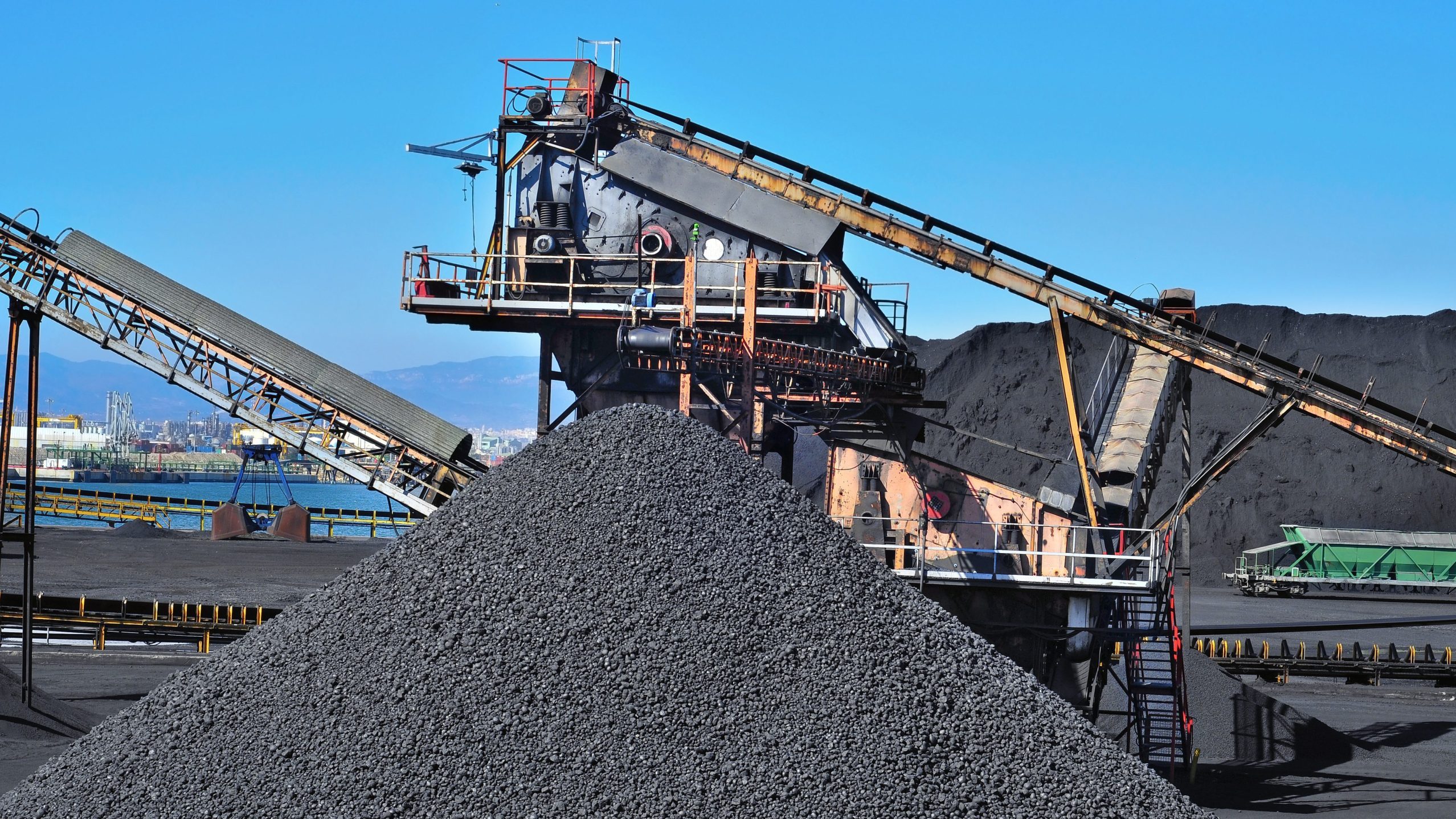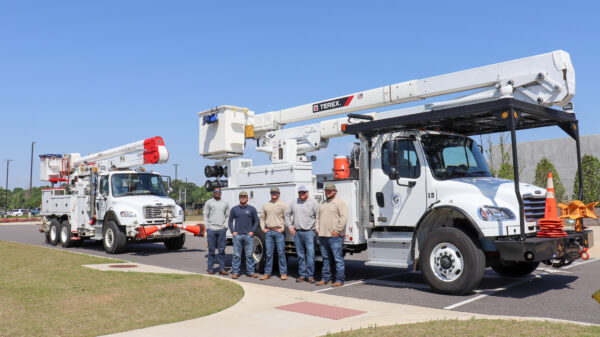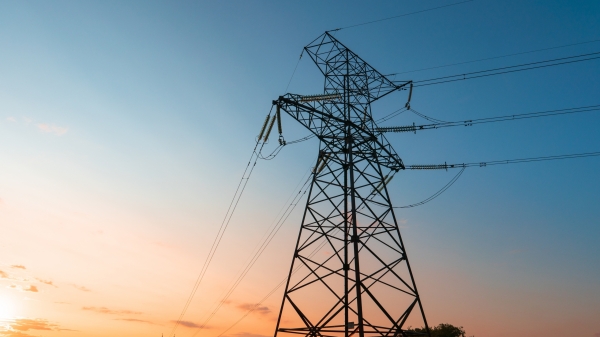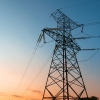|
Getting your Trinity Audio player ready...
|
Energy Institute of Alabama (EIA) Executive Director Blake Hardwich today released the following statement following her remarks at an Environmental Protection Agency (EPA) public comment hearing on the Alabama Department of Environmental Management (ADEM) Coal Combustion Residuals (CCR) program:
“It’s important for the public and policy makers to understand that closing in place is a legal and safe approach for dealing with coal ash,” Hardwich said. “As independent studies show, the technology and engineering capabilities exist to seal this material where it is now in a way that is environmentally responsible. In fact, roughly half of all coal ash in the South is being sealed safely in place.
“This is good news for Alabama, as our state’s power providers don’t need to create new environmental hazards by trucking millions of tons of coal ash, over decades, to yet unnamed communities, requiring more landfill space. EIA stands in support of upholding ADEM’s CCR program and its requirements.”
The EIA promotes reliable, affordable and clean energy to help grow Alabama’s economy, create high-paying jobs and build public support for the industry.






















































